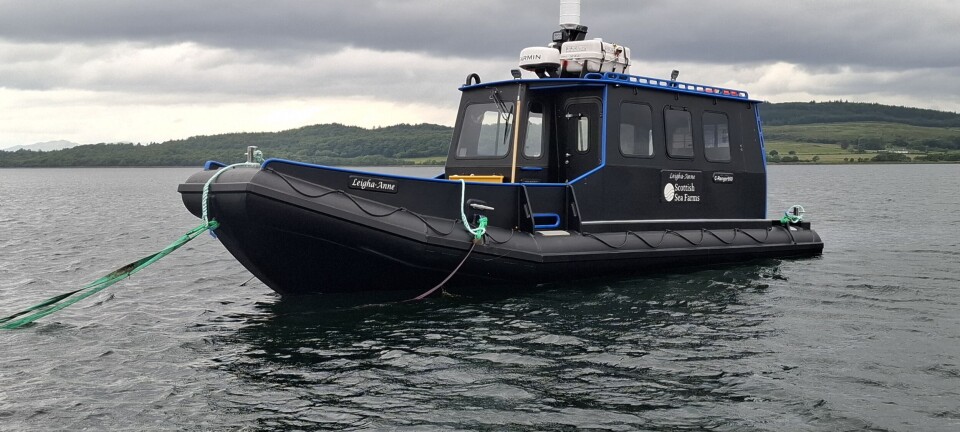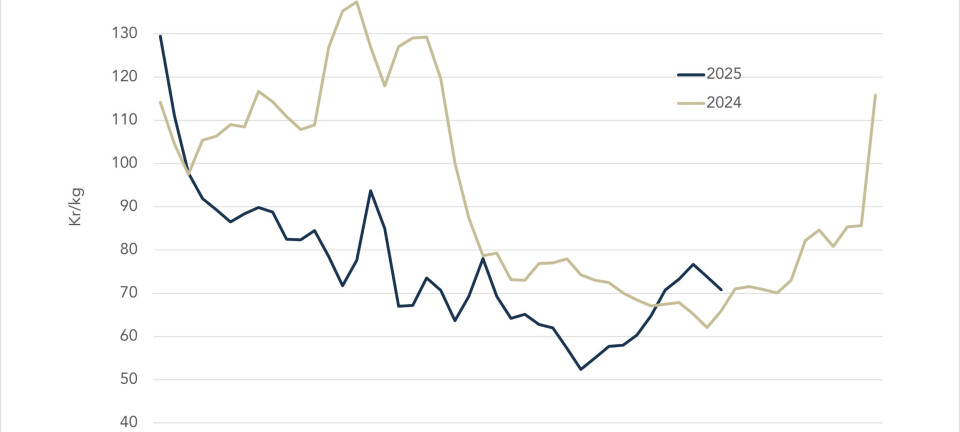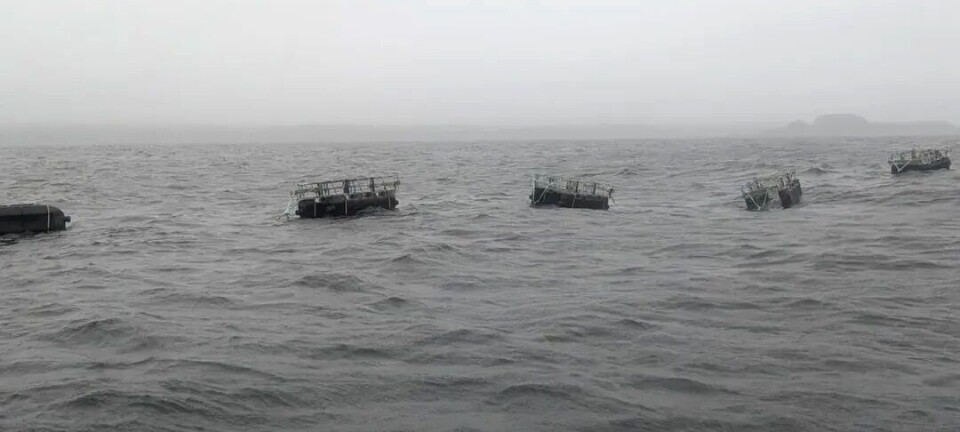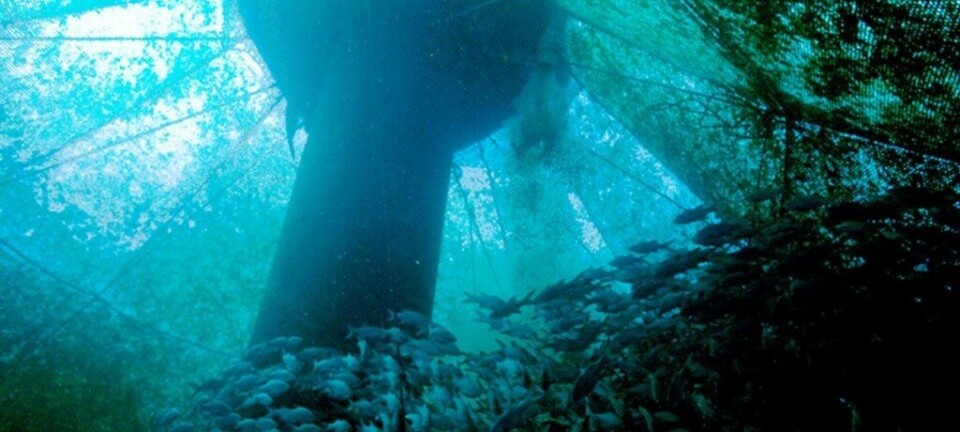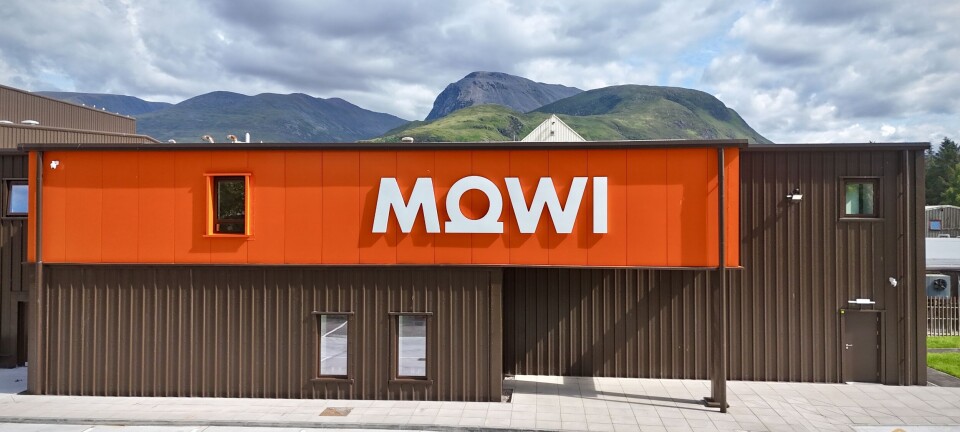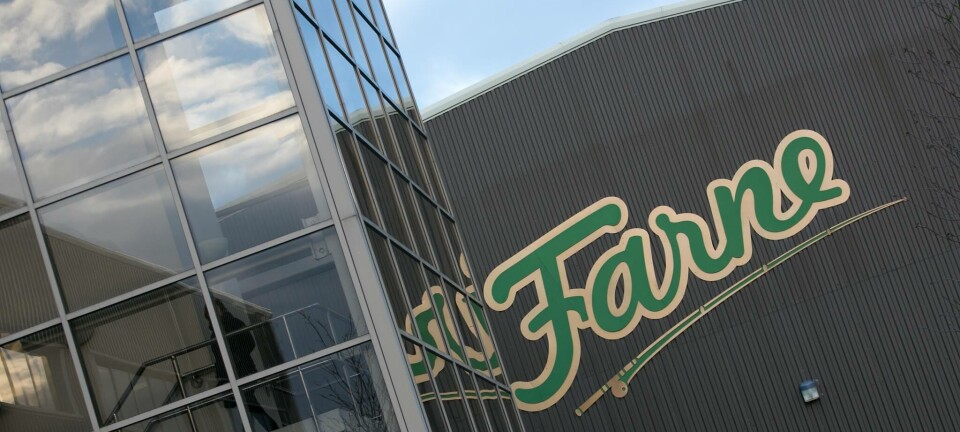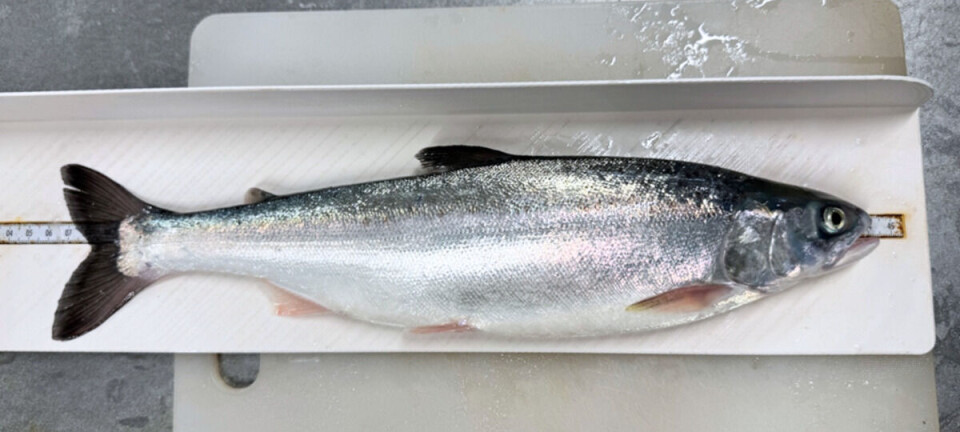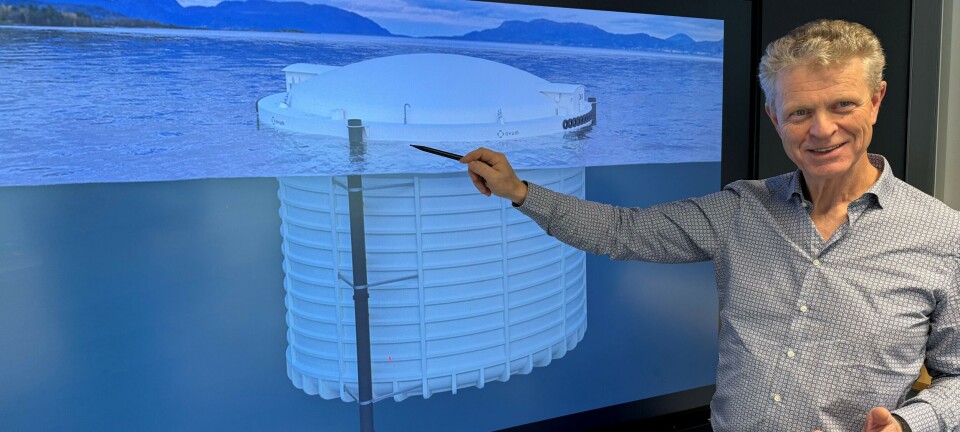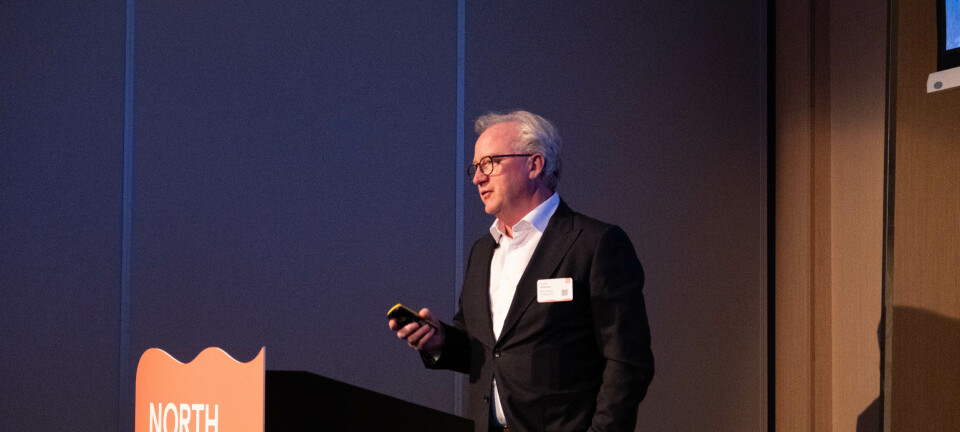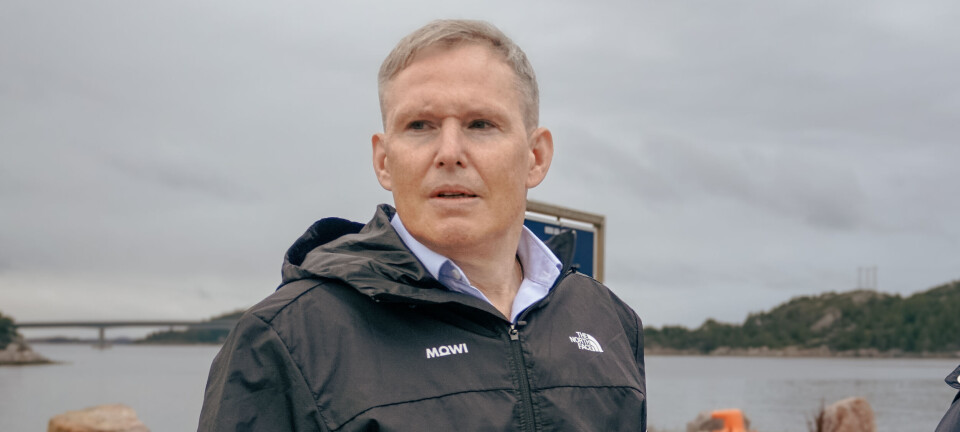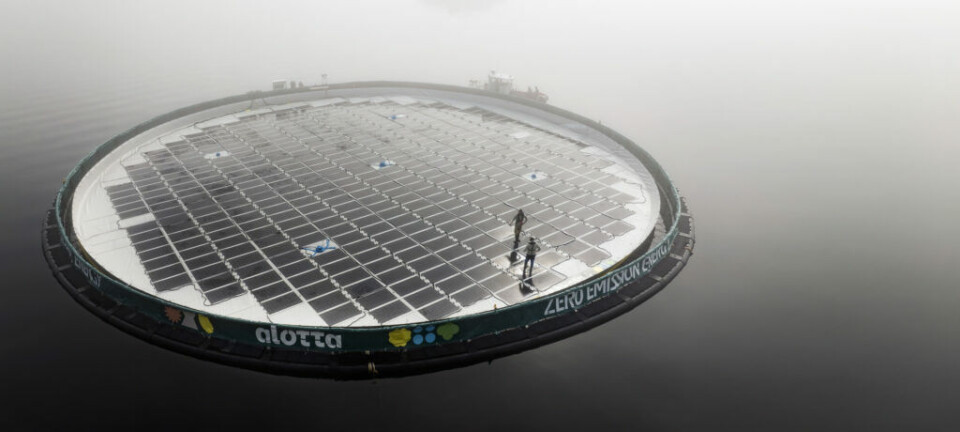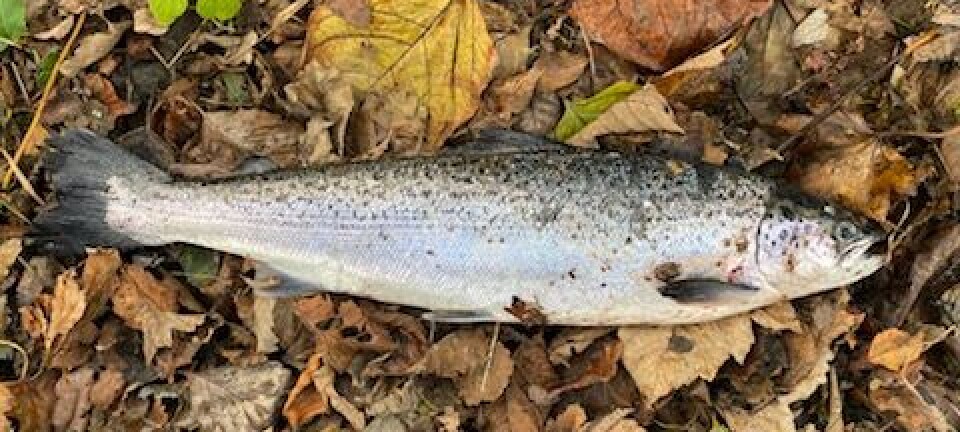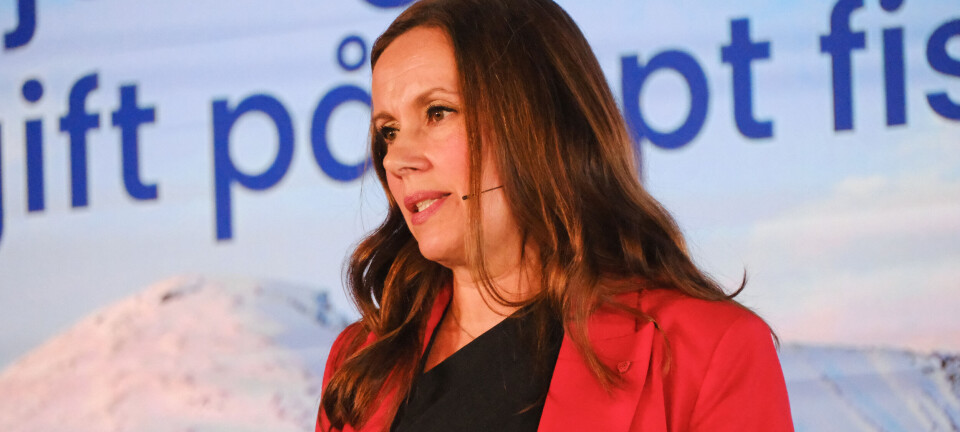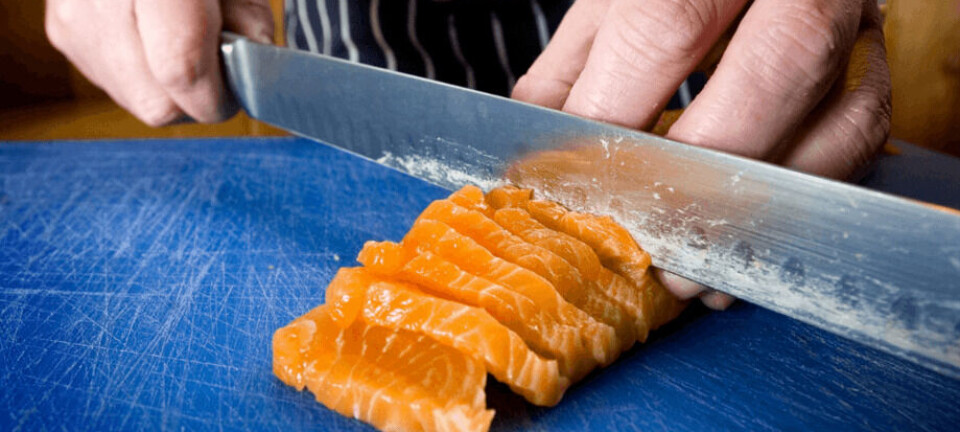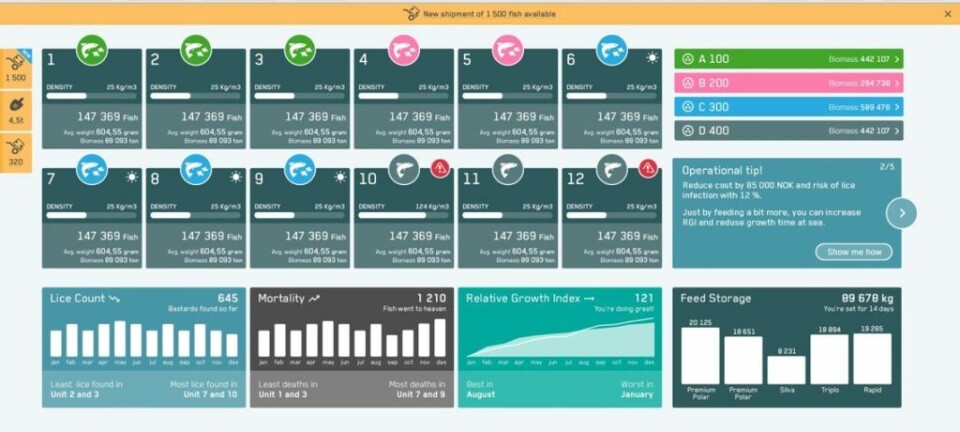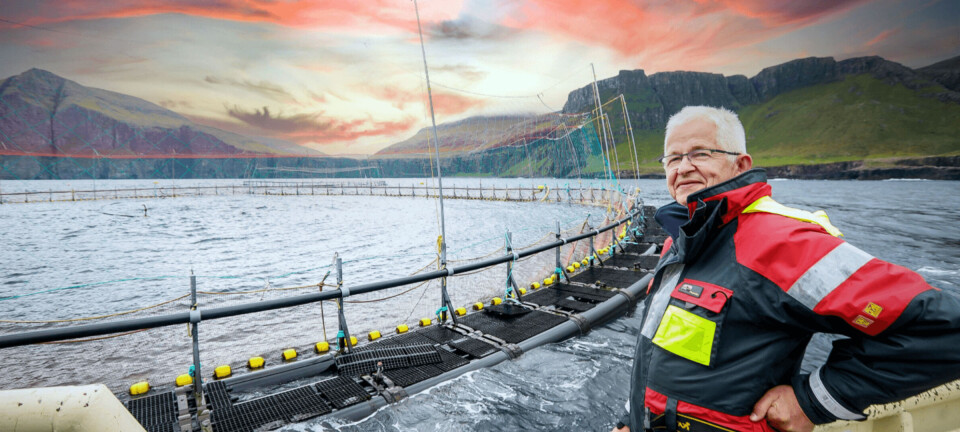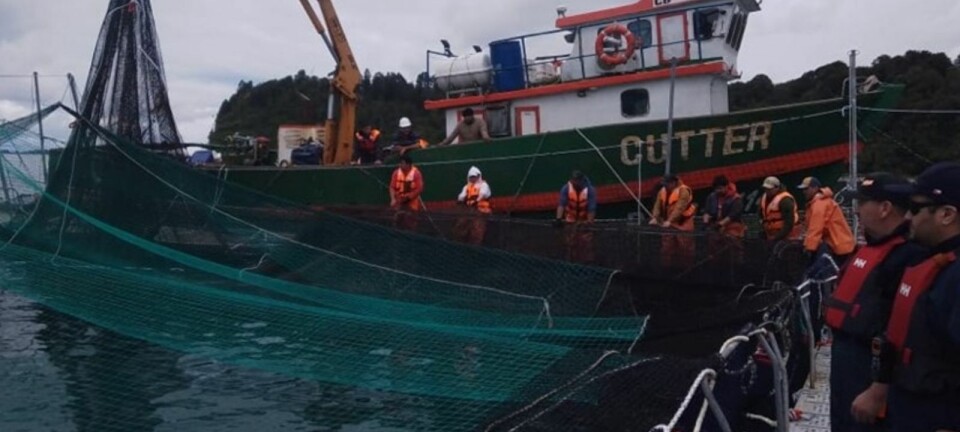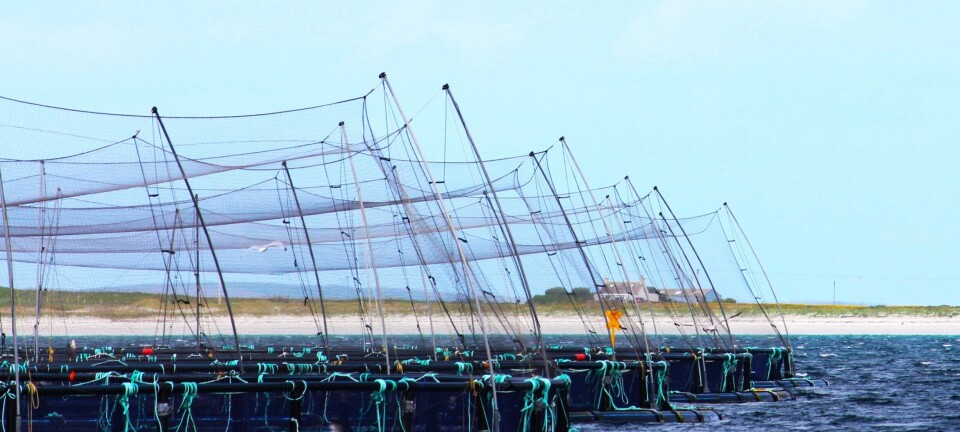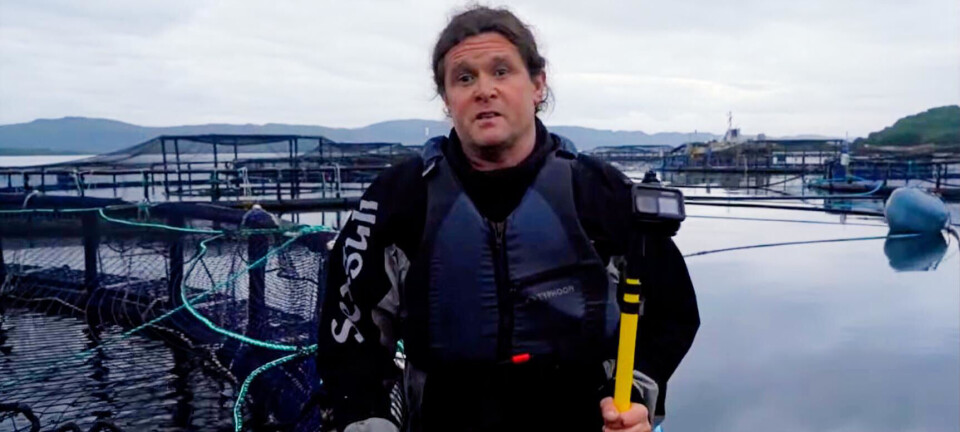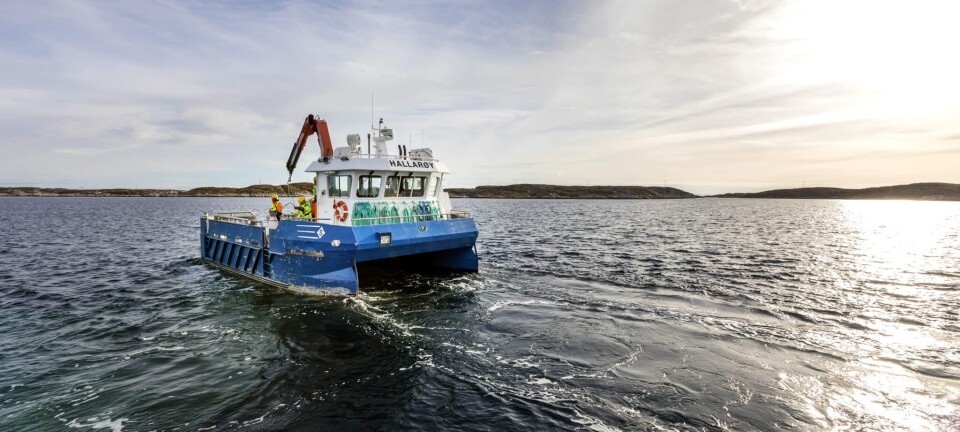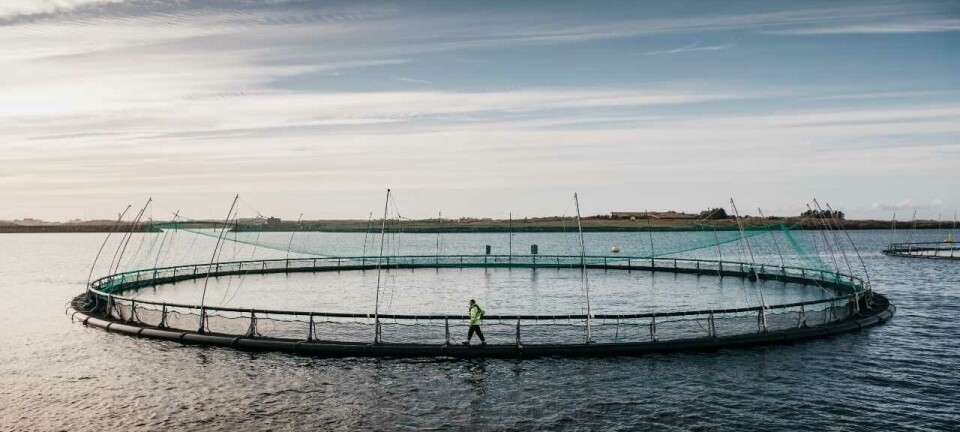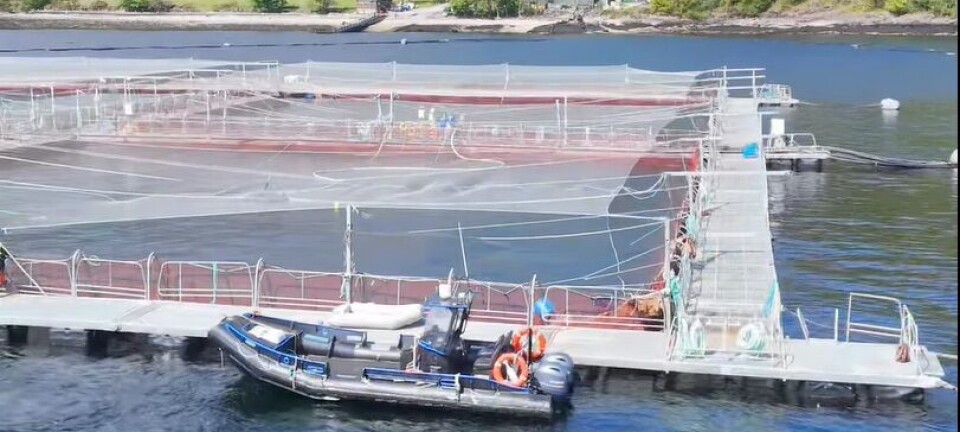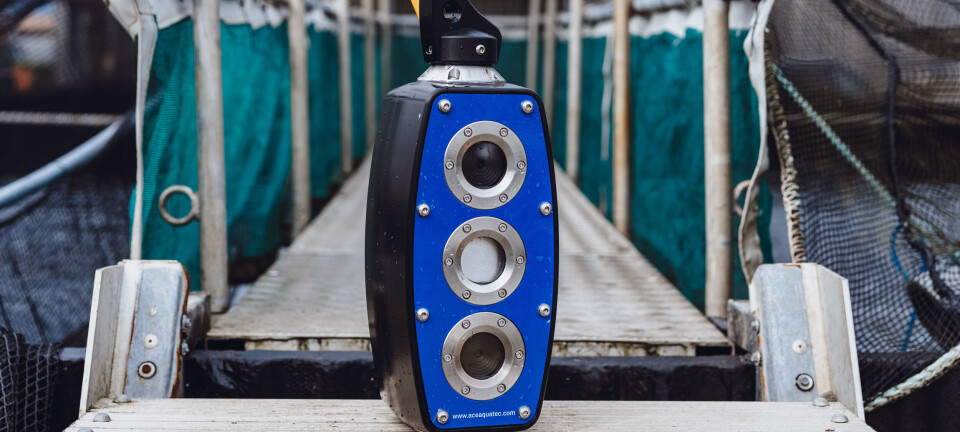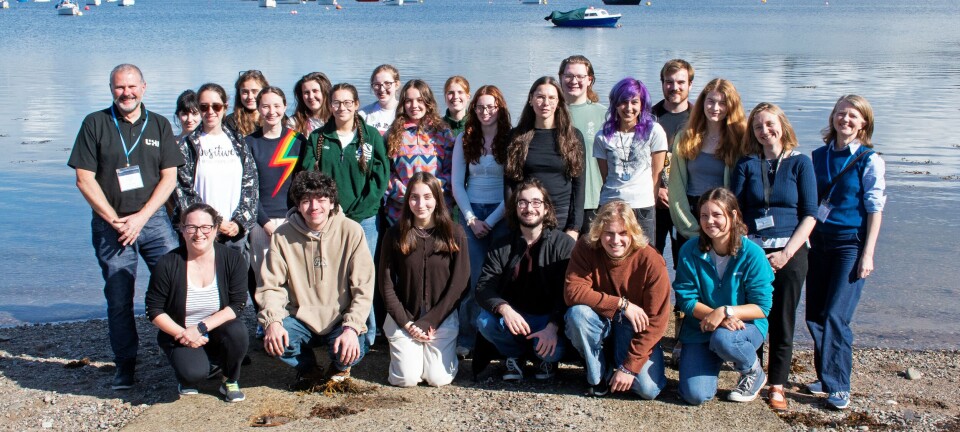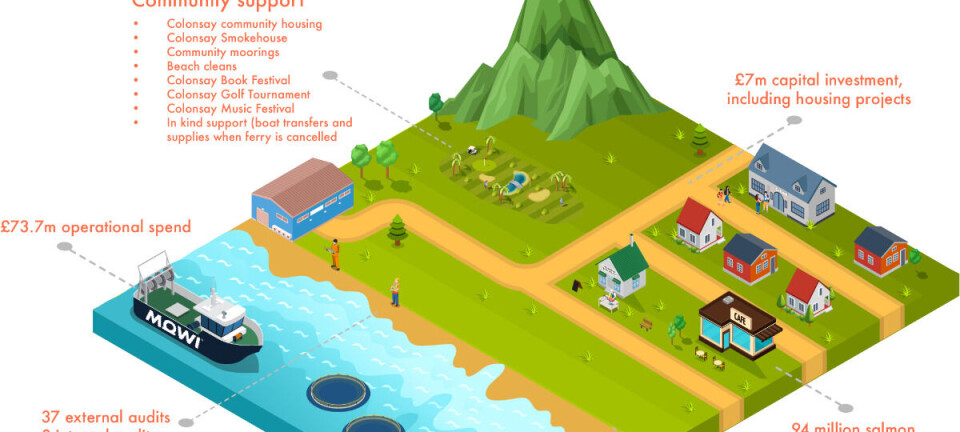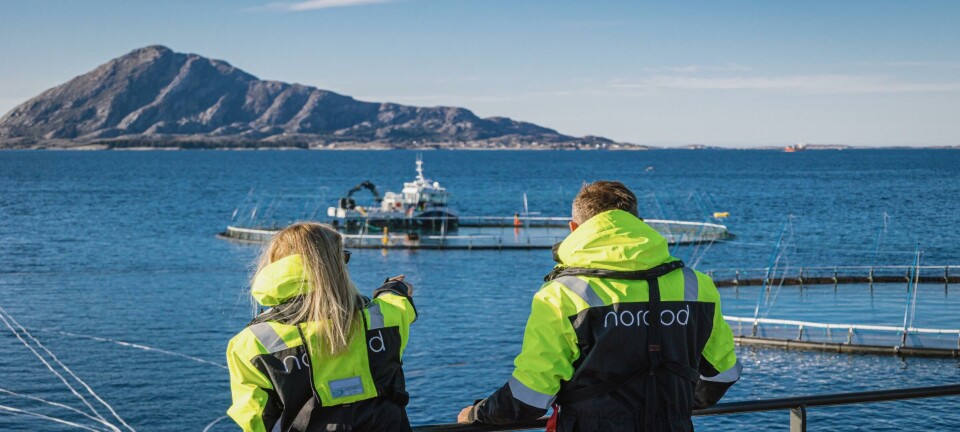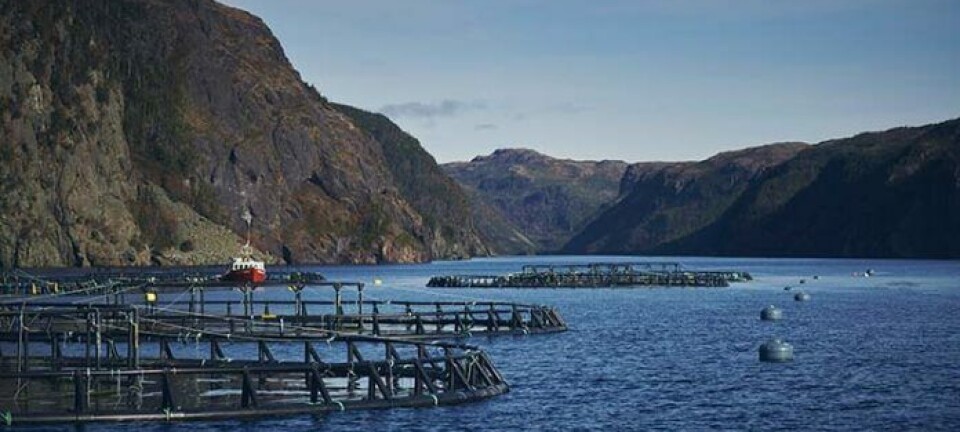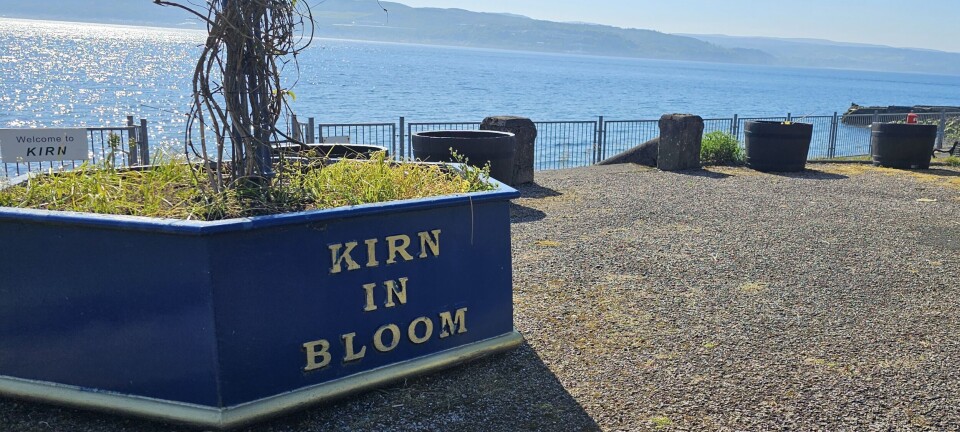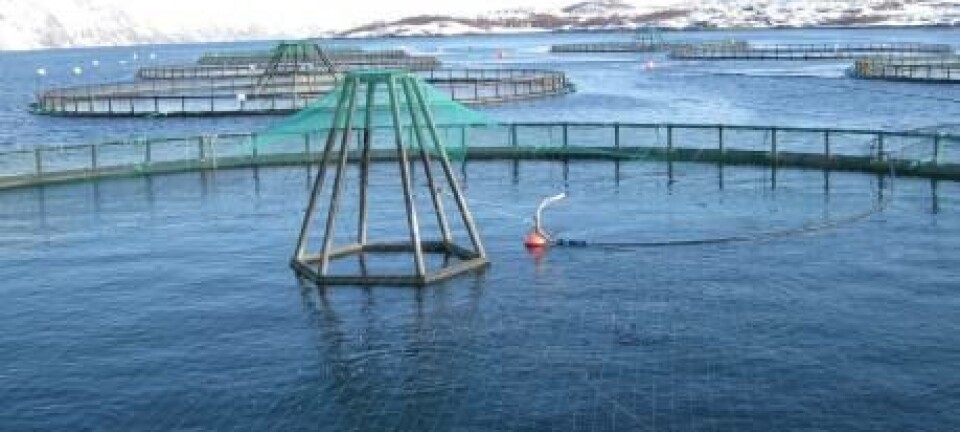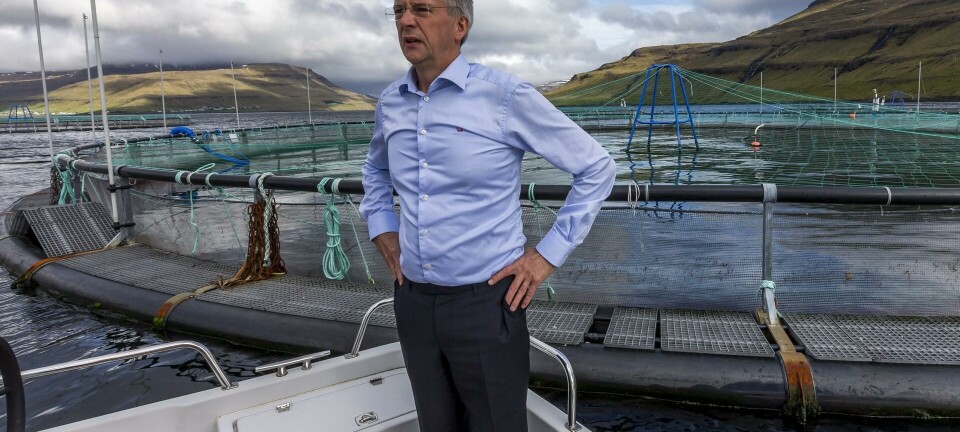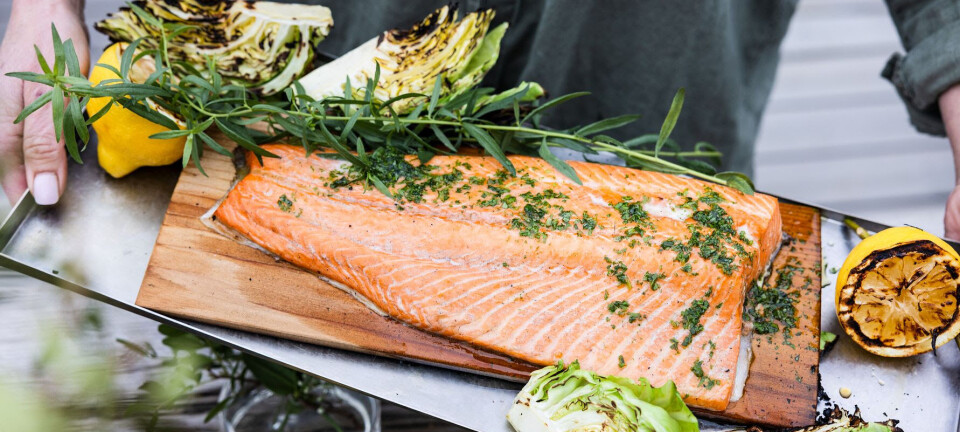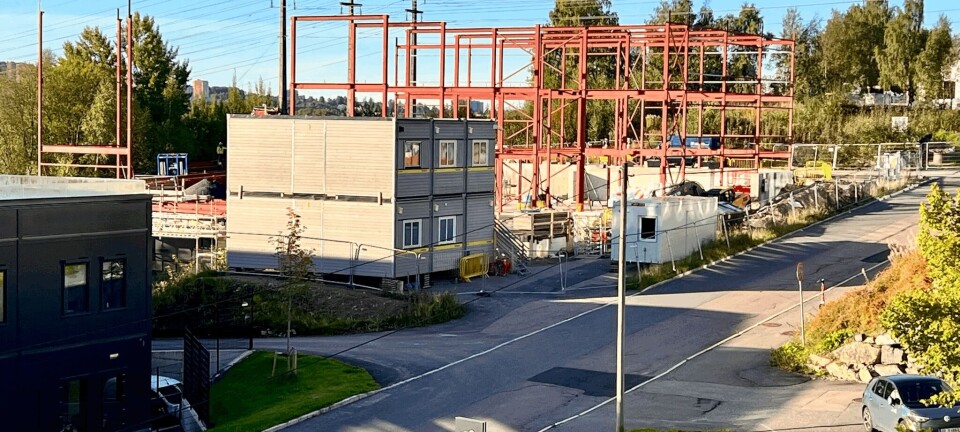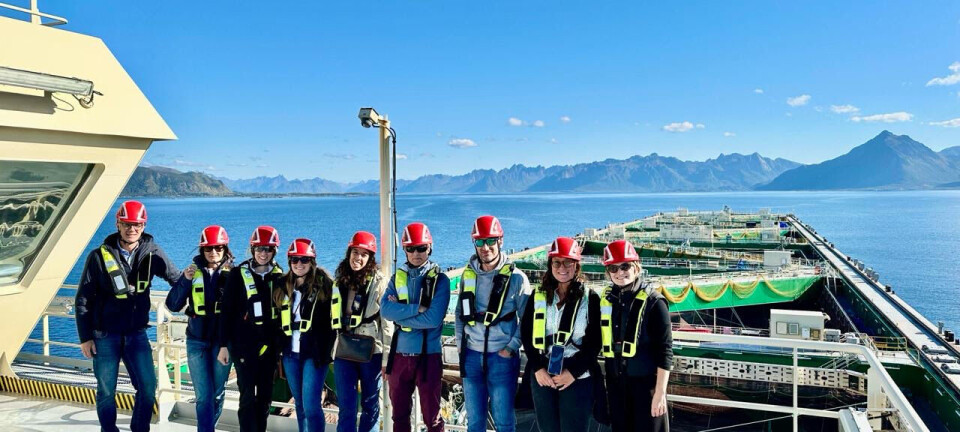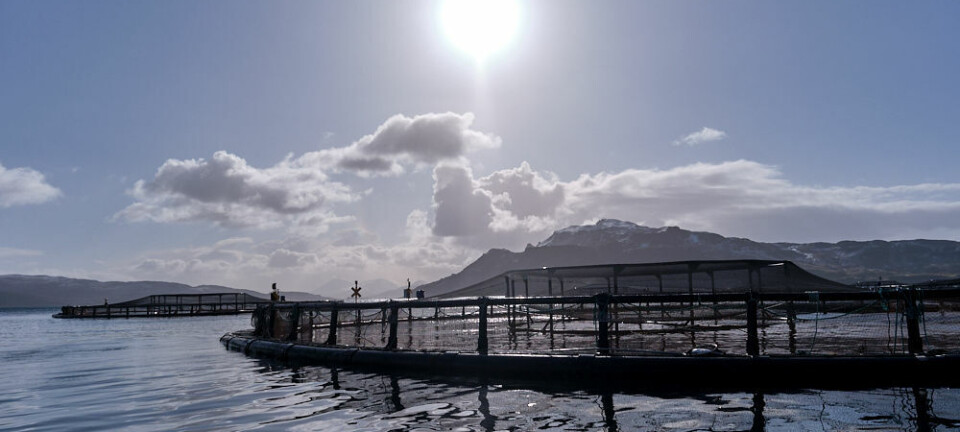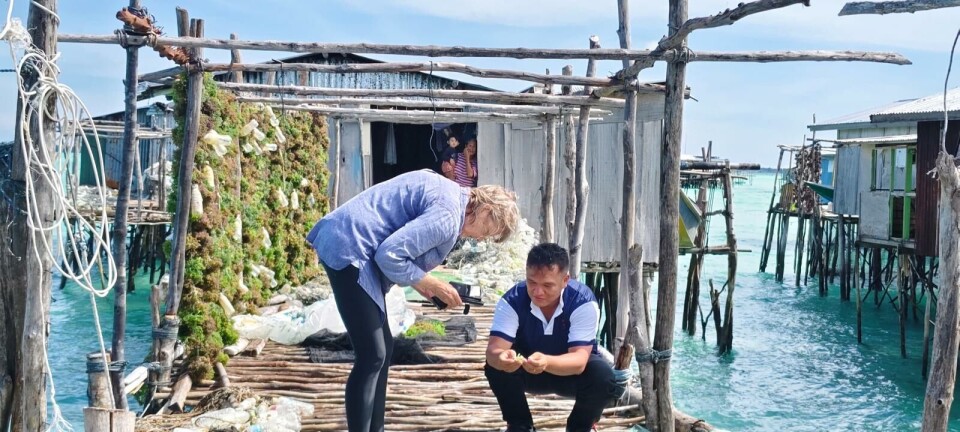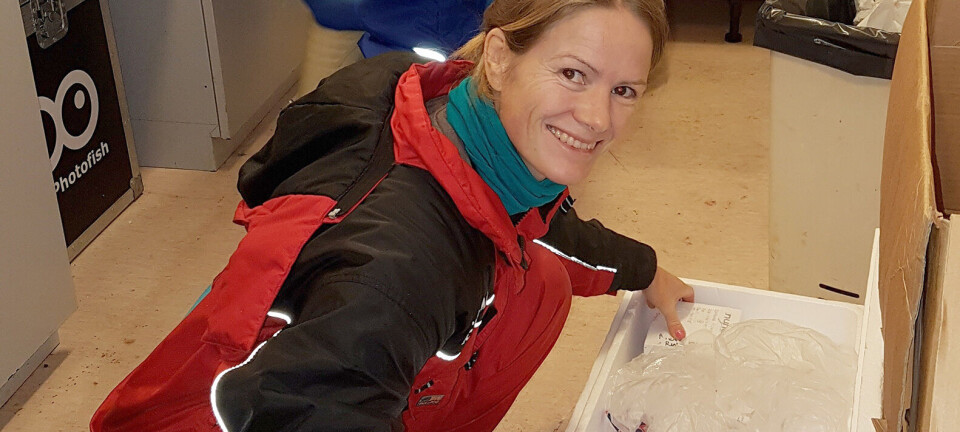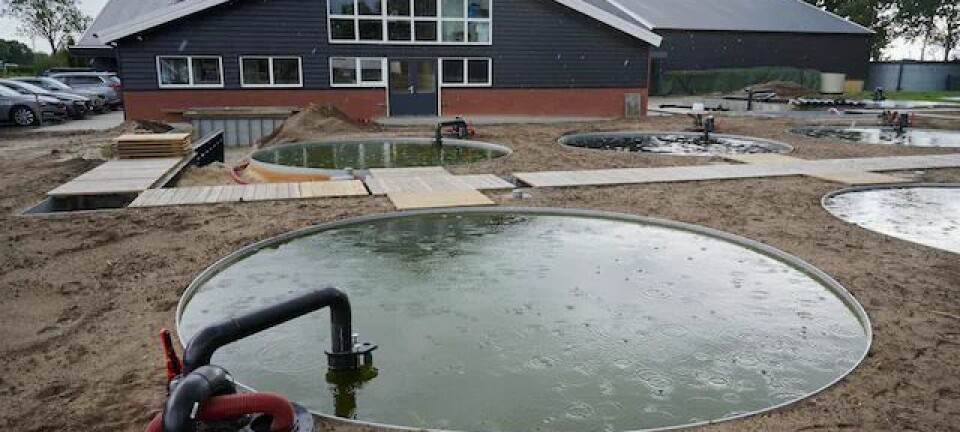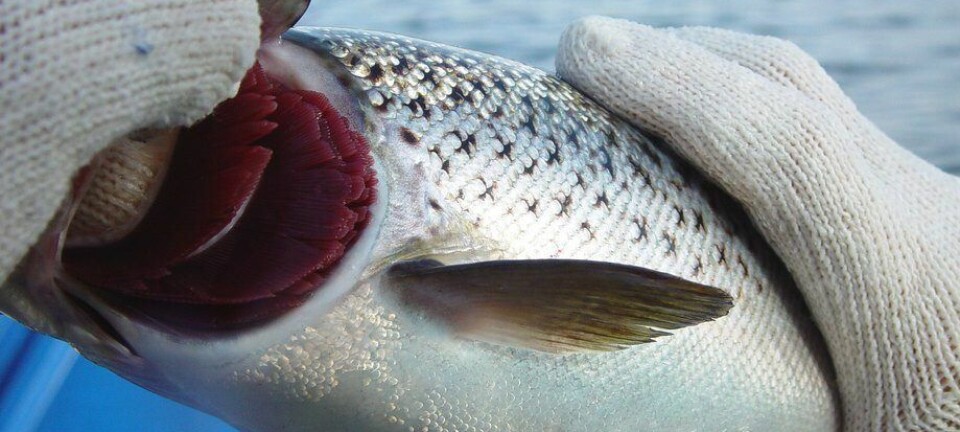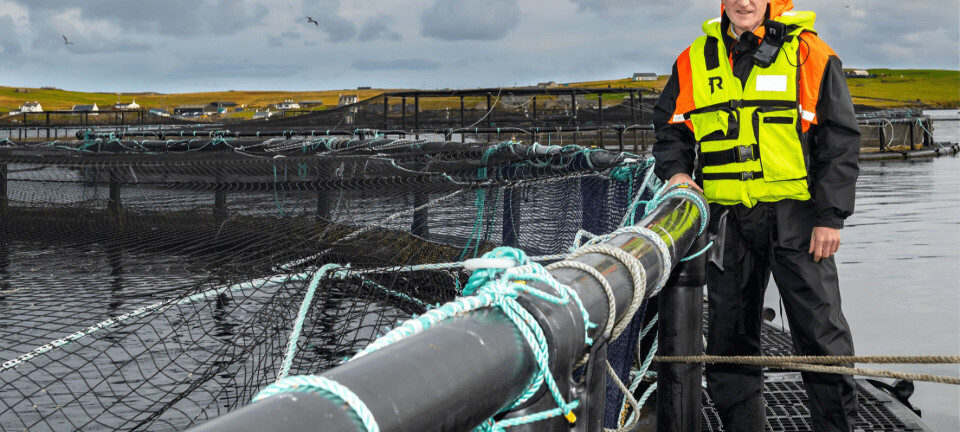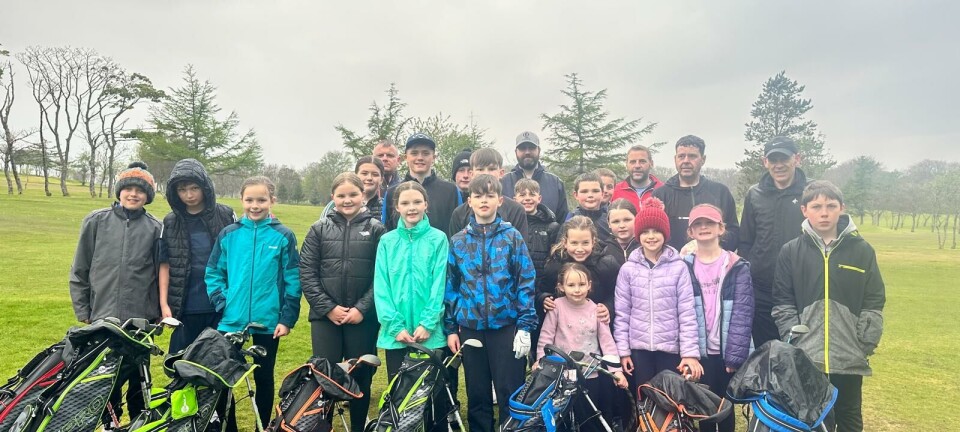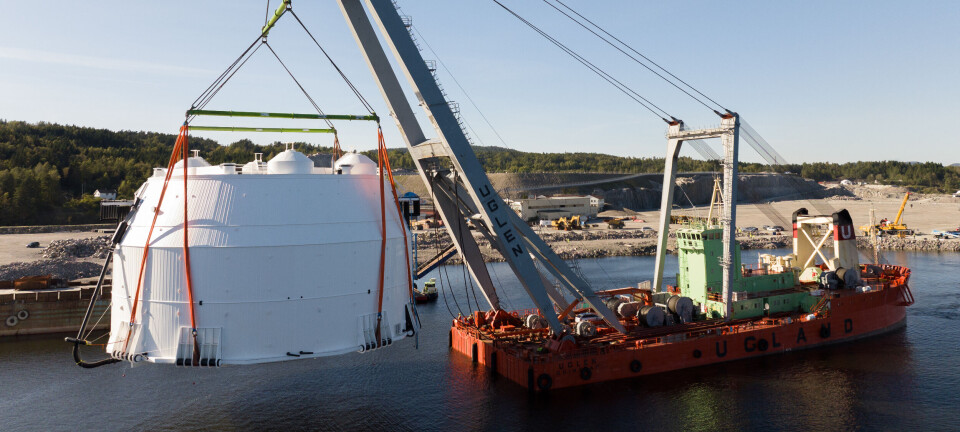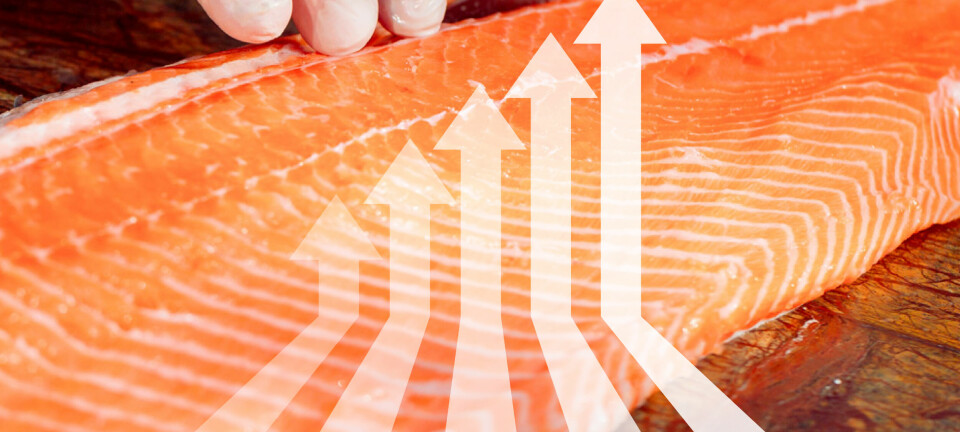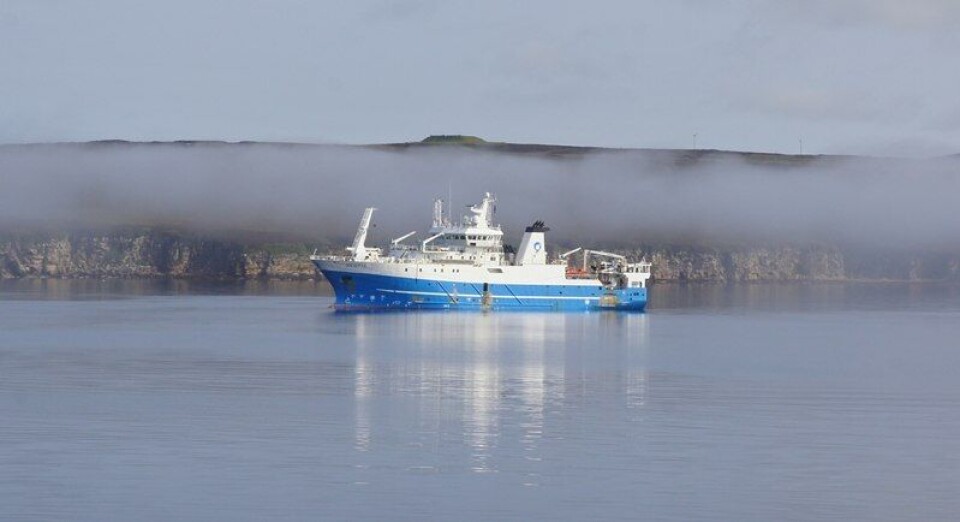
Scientists make 288 inspections of aquaculture sites
Marine Scotland Science (MSS) conducted 288 risk-based inspections of fish and shellfish farms and responded to reports of mortality and other issues, its science review for 2016/17 states.
In the review's introduction, MSS head of science Colin Moffat, writes: "I am genuinely proud of staff, students and wider contributors who are Marine Scotland Science; without the dedication, knowledge, experience and willingness of the MSS team, the advice provided would be of a lesser quality and our impact would fall well short of what is reasonably expected of us."

During the year from April 1, 2016 to March 31, 2017, MSS placed two marine salmon farms and three freshwater rainbow trout farms under restrictions to prevent the transmission of bacterial kidney disease.
Potential sea lice treatment
MSS also implemented a new access programme to enable trans-national use of its high biocontainment experimental facilities, and delivered industry testing for a potential sea lice treatment, according to the reviw.
The Government agency also participated in and presented to the European Aquaculture Society’s conference; delivered collaborative research through Horizon 2020 funding; provided recommendations to the European Commission on cleaner fish; and worked with Norwegian and Irish scientists to develop a European standardised approach to sea lice dispersal modelling.
Other contributions to aquaculture included representing Scotland on a working group to review progress of prevention, control and, where required, eradication of Gyrodactylus salaris (Gs), a small parasite (0.5mm in length) infecting the skin, gills and fins of fish and which is capable of rapid multiplication causing serious physical damage to Atlantic salmon parr.
Salmon pancreas disease
MSS organised and hosted the annual international meeting on salmon pancreas disease (PD) at the Marine Laboratory in Aberdeen, and provided disease testing and mussel species identification to businesses to assist in their management.
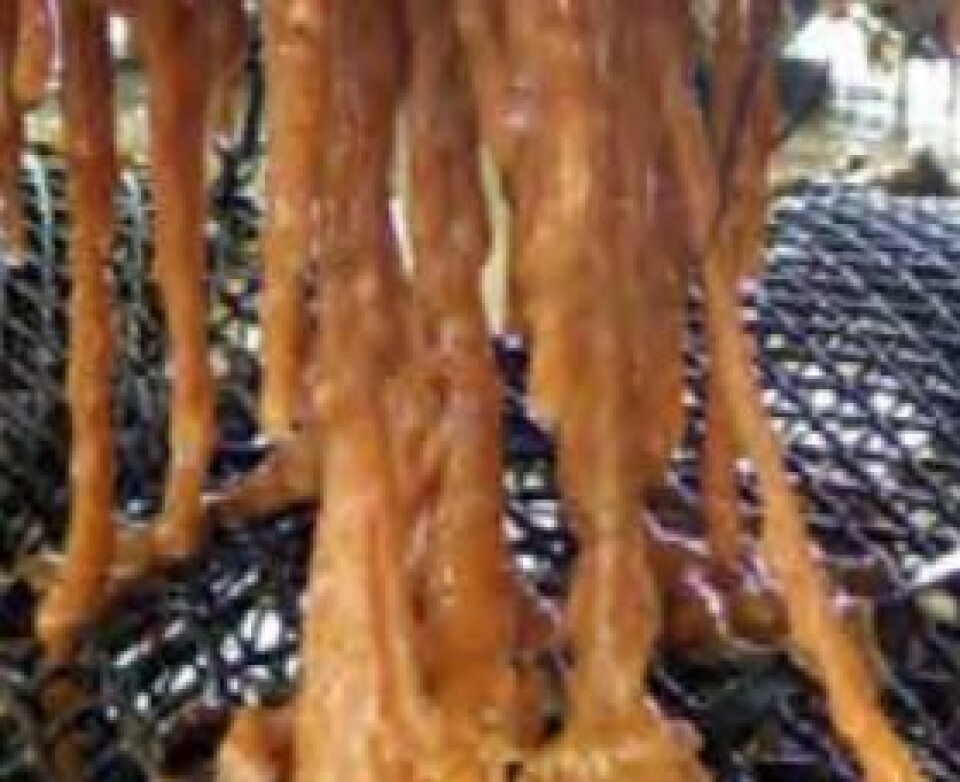
The agency also concluded the scientific response to the outbreak of an invasive non-native species on a shellfish farm in Loch Creran, including the provision of advice needed to allow the movement of live shellfish. Trials were held to identify a bath treatment for live shellfish possibly harbouring the carpet sea squirt Didemnum vexillum (D. vex) on their shells, and these were successfully concluded in time for the fulfilment of business commitments by the farm. Scientific publications describing the work will follow.
With reference to wild salmon, MSS said it made substantial advances in the development of models to compare estimated numbers of spawning salmon and fry with target levels. It also facilitated the effective monitoring of salmon stock status using spatial mapping, salmon and sea trout catches, and data from trap and counters sites.
Acoustically tagged smolts
MSS monitored movement patterns of acoustically tagged salmon smolts from the Rivers Awe and Lochy, around the Isle of Mull, using an array of receivers; developed plans to monitor behaviour of smolts leaving the River Dee at Aberdeen, and obtained first results from two sites used to assess survival of salmon treated with an anti-sea lice chemical.
Other wild fish activity included licensing fisheries activities in fresh water. In total, 630 applications to stock fish and use otherwise illegal methods were processed. MSS also provided advice on the potential to ranch salmon on the West Coast of Scotland with associated research requirements, and initiated a study of salmon fecundity and outlined plans for tagging salmon from coastal nets.
The organisation's two research ships, MRV Scotia and MRV Alba na Mara, which MSS says are fundamental to the delivery of research, monitoring and advice, each spent more than 280 days at sea during 2016/17 and travelled a total of 88,902 km between them.
